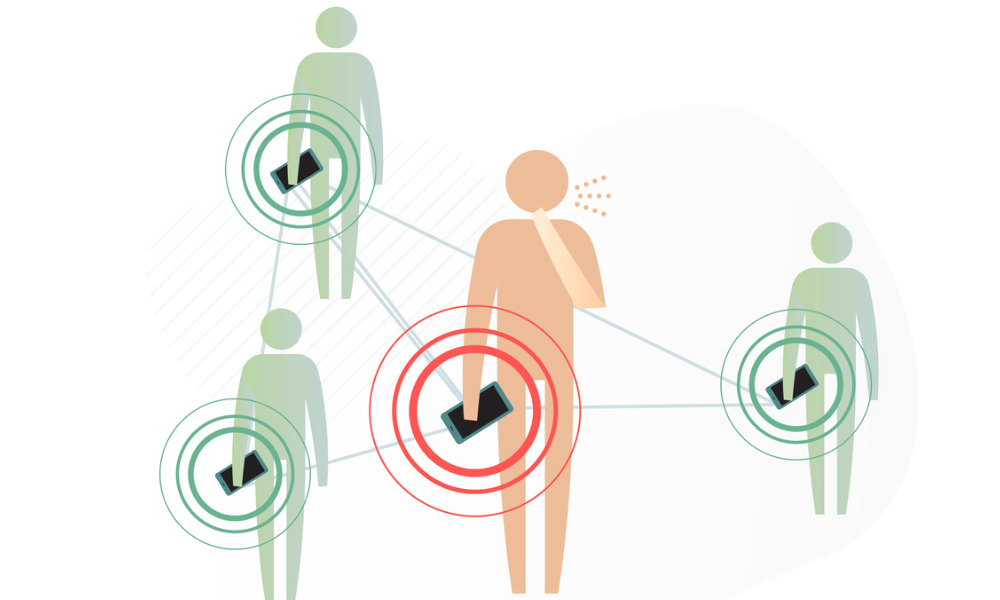Organisations can play a major role in stopping the spread of COVID-19

To prevent the spread of COVID-19, it’s important to trace the contacts of anyone who may have been exposed to break the chain of transmission. Organisations can play a major role in role in doing that by prioritising contact tracing in the workplace.
In New Zealand, all employers must have the government’s COVID tracer QR code displayed and an alternative contact tracing system. The latter is for people who might not have the contact tracing app that is provided by the government, according to Sherridan Cook, Partner at Buddle Findlay.
“Essentially, what that means is having the QR code on display at all workplaces when people enter,” said Cook.
Cook told HRD that employers should also have a notepad or electronic system where both employees and customers can fill out their details, providing their name and contact details.
READ MORE: COVID-19: The future of HR healthcare
“The result is that the employer knows exactly when everybody is entering their workplace, so they should ensure people have actually either scanned the QR code or have written their name and phone number,” said Cook.
The purpose of the collection is to assist the Ministry of Health in contacting a person in the event of a suspected or confirmed case of COVID-19.
“Contact tracing was not mandatory by businesses during Level 1 when NZ had no community cases,” said Cook.
“But now that we have had some community cases it has become compulsory for businesses to display the QR code or have an alternative means of contact tracing in place.”
READ MORE: The unsung heroes of the pandemic
According to the government, there are different systems and processes that organisations can use to keep a record:
- an electronic system, like a tablet sign-in app or an existing booking system
- a simple pen and paper register using individual slips and a ballot box for storage
- a process where an employee takes details on the visitor’s behalf.
Whatever alternate system is in place, it’s important that everyone’s personal details are collected, kept and used in a way that protects their privacy. Moreover, the records should be kept for at least 30 days.
When collecting this information, it’s also important to tell people that it’s being collected to support contact tracing, added Cook.
It’s also the organisation’s responsibility to store any private information securely which can only be used for contact tracing. Businesses should not automatically add people’s emails to their contact database without their permission.








